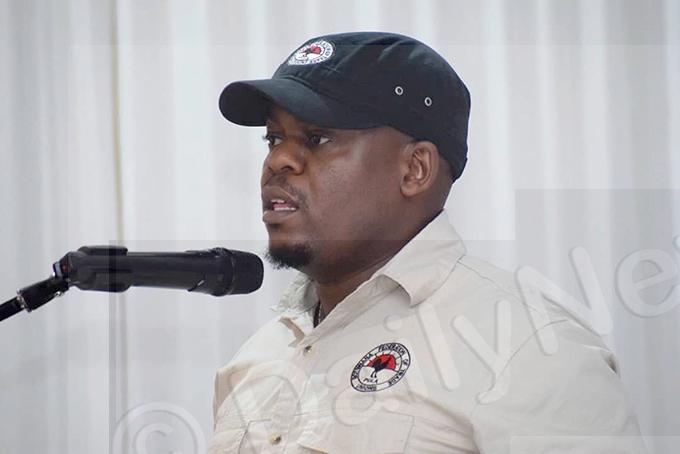Vaccination remains cost-effective way of saving lives
25 Apr 2024
As a crucial element of primary healthcare, aiding in the control of outbreaks of vaccine-preventable diseases and striving towards universal health coverage, African nations have been urged to persist in their vaccination endeavors.
These sentiments were expressed by Dr Tebogo Madidimalo, the Officer in Charge at the World Health Organization (WHO), during the African Vaccination Week in Gaborone.
Dr Madidimalo underscored that vaccination continued to be one of the most cost-effective and successful health investments, saving millions of lives. He stressed the importance of reinforcing routine immunisation.
He highlighted WHO’s advocacy for all countries in the region to align their strategies for vaccine-preventable diseases with the Immunisation Agenda 2030 (IA2030).
This agenda capitalises on insights gained from previous outbreaks and the challenges presented by infectious diseases, harnessing new opportunities and technologies to effectively address these challenges.
The IA2030 envisions immunisation as a fundamental right to the highest attainable standard of physical and mental health, emphasising its significance as an investment in the future to uphold the gains achieved in immunisation and to strive towards further advancements, ensuring inclusivity at every stage of life.
Since WHO’s immunisation programme inception in 1974, substantial progress has been made in combating infectious diseases through the introduction of new vaccines and persistent efforts towards disease elimination and eradication strategies, notably targeting measles and polio.
Dr Madidimalo pointed out that this programme had not only evolved but had also significantly influenced the health landscape of the region.
Key achievements include the eradication of smallpox in 1980, the certification of the Polio-Free Status for the African Region in August 2020, and the introduction of life-saving vaccines such as those against malaria, cholera, and Ebola, each representing a ray of hope for millions at risk.
However, Dr Madidimalo noted a significant challenge that persists, with over 20 million children worldwide, particularly in developing countries, still lacking essential vaccinations, and some not having received any vaccinations at all.
Furthermore, he said in the African region, the COVID-19 pandemic-induced disruptions in healthcare services led to a significant decline in routine immunisation coverage.
He said the disruptions resulted in most countries in the region failing to meet the WHO’s immunisation coverage target of 90 per cent. He also called on African nations to carry out an ongoing research to address emerging vaccine hesitancy, improve vaccine technologies and ensure equitable access across all demographics.
Dr Madidimalo called on African nations to be determined to see the elimination and eradication of vaccine preventable diseases in the region and to support the global efforts, saying that will create a healthier, safer, and propel towards achieving universal health coverage and a resilient health system for all.
Source : BOPA
Author : Lesedi Thatayamodimo
Location : GABORONE
Event : African Vaccination Week
Date : 25 Apr 2024





